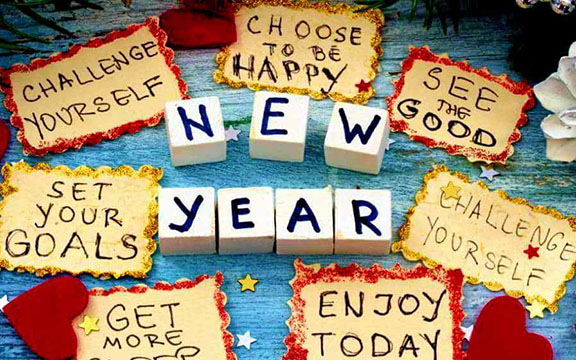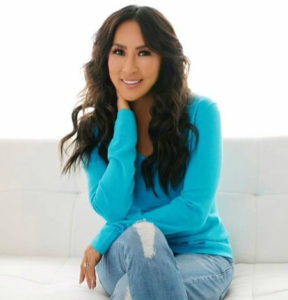 If you have ever worked with me or any other ICF certified coach, you’ll recognize the five mandatory questions that are used to establish the coaching agreement at the beginning of each and every coaching session:
If you have ever worked with me or any other ICF certified coach, you’ll recognize the five mandatory questions that are used to establish the coaching agreement at the beginning of each and every coaching session:
1. What would you like to work on in the session today?
2. What goal, specifically, would you like to have achieved by the end of the session?
3. How will we know we’ve been successful by the end of the session? In other words, what will be our measure of success?
4. Why is achieving this goal important to you?
5. What do you believe you need to address or resolve in order to achieve this goal?
I’ve found that this framework is such a powerful guide to setting and visualizing goals that I suggest using it as you move toward setting resolutions for the new year.
Let’s take each of these questions and explore how we may adapt them to help us successfully achieve our resolutions this new year:
1. What would you like to work on in 2021?
Spend time to seriously contemplate what you would like to work on this year? Here are some categories to look at—having balance is important to emotional well-being. Is there an area of your life that could use more work this year than other areas?
o Health and Fitness
o Intellectual Life
o Emotional Life
o Your Character
o Your Spiritual Life
o Love Relationships
o Parenting
o Social Life
o Financial
o Career
o Quality of Life
o Life Vision
2. Looking at your resolution—narrow it down to what goal, specifically, you would like to have achieved by the end of the year.
Be as specific as possible. For example, let’s say my resolution is to “let go of the fear of judgment.” Under that resolution, my specific goal may read, “I will keep a judgment journal, and each time I feel that uncomfortable feeling of being concerned that I’m being judged or that I’m judging someone else, I’ll date it and spend a few minutes writing in my journal, which will provide a time of reflection and will also help me to uncover unhealthy patterns of thought that may exist.”
3. How will we know we’ve been successful by the end of the year?
In other words, what will be our measure of success? On December 31, 2021, a year from now, what will determine whether or not you’ve met your resolution? Look deeper than the actual resolution—think about how you want to feel when the resolution is complete. What will successfully completing this resolution look like to you? How will completing this resolution change your life?
4. Why is achieving this resolution important to you?
It is really important to know the why. Check in with yourself. Is this a resolution that you want to achieve for yourself or is it a resolution that some external factor says you need to achieve? The resolution has to be something that you want to achieve for it to be successful. You also need to understand why the resolution is important to you. I often ask my clients a scaling question: on a scale of 1 to 10, how important is achieving this resolution to you? If the answer is seven or lower, it is a good indicator that the resolution needs to be, at the very least, redefined until it feels like an eight or higher.
5. What do you believe you need to address or resolve in order to achieve this resolution?
This is a great place to brainstorm some of the possible stumbling blocks. Under each stumbling block, develop a contingency plan, a tool may you use to avoid it, or perhaps, you need to reframe your resolution from the beginning to avoid the stumbling block altogether. Sometimes, the stumbling blocks will spur on additional resolutions that may need to be addressed first. And the final word of advice is to make sure the journey to complete the resolution is what you hope the resolution will feel like when it is achieved. You’ll find that, oftentimes, the real benefit to the resolution is not the end, but the journey it takes to get there.
About the Author:
 Shari Leid received her Bachelor of Arts in Psychology from the University of Washington in 1992. A former litigator, having graduated from Seattle University School of Law in 1995, she currently operates An Imperfectly Perfect Life, LLC, a professional life coaching business serving women, helping guide them towards recognizing their power. She is the author of the recently released book, The 50/50 Friendship Flow: Life Lessons From and For My Girlfriend. (Reprinted from Elephant Journal)
Shari Leid received her Bachelor of Arts in Psychology from the University of Washington in 1992. A former litigator, having graduated from Seattle University School of Law in 1995, she currently operates An Imperfectly Perfect Life, LLC, a professional life coaching business serving women, helping guide them towards recognizing their power. She is the author of the recently released book, The 50/50 Friendship Flow: Life Lessons From and For My Girlfriend. (Reprinted from Elephant Journal)


